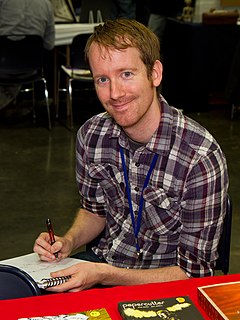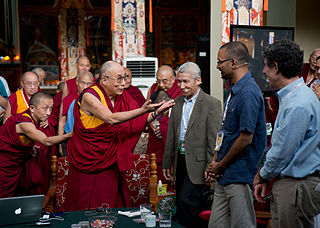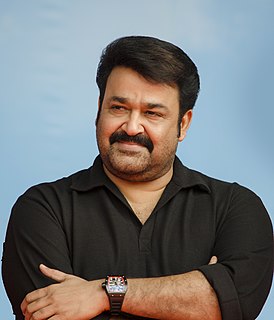A Quote by Sylvia Boorstein
Clearly the path of mitzvot is a form of meditation. The intention to act impeccably requires complete dedication and unwavering attention. I was also impressed with LUzzato's insistence that mitzvot practice is joyful.
Related Quotes
Meditation practice is like piano scales, basketball drills, ballroom dance class. Practice requires discipline; it can be tedious; it is necessary. After you have practiced enough, you become more skilled at the art form itself. You do not practice to become a great scale player or drill champion. You practice to become a musician or athlete. Likewise, one does not practice meditation to become a great meditator. We meditate to wake up and live, to become skilled at the art of living.
The path of compassion leads to the development of insight. But it doesn't work to say, "Ready, set, go! Be compassionate!" Beginning any practice depends on intention. Intention depends on intuiting-at least a little bit-the suffering inherent in the human condition and the pain we feel, and cause, when we act out of confusion. It also depends on trusting-at least a little bit-in the possibility of a contented, satisfied mind.
Transcendental meditation is one particular form of mantra meditation that allows your mind to experience progressively abstract fields of awareness. And ultimately you settle down in the space between your thoughts. The space between your thoughts is pure consciousness, and it's a field of possibilities. It's a field of creativity. It's a field of correlation. It's also a field of uncertainty. It's also a field where intention actualizes its own fulfillment. So that meditation allows you to contact this field, which is very primordial - the ground state of our existence.
We should be able to bring the practice of meditation hall into our daily lives. We need to discuss among ourselves how to do it. Do you practice breathing between phone calls? Do you practice smiling while cutting carrots? Do you practice relaxation after hard hours of work? These are practical questions. If you know how to apply meditation to dinner time, leisure time, sleeping time, it will penetrate your daily life, and it will also have a tremendous effect on social concerns.
True giving is a thoroughly joyous thing to do. We experience happiness when we form the intention to give, in the actual act of giving, and in the recollection of the fact that we have given. Generosity is a celebration. When we give something to someone we feel connected to them, and our commitment to the path of peace and awareness deepens.































